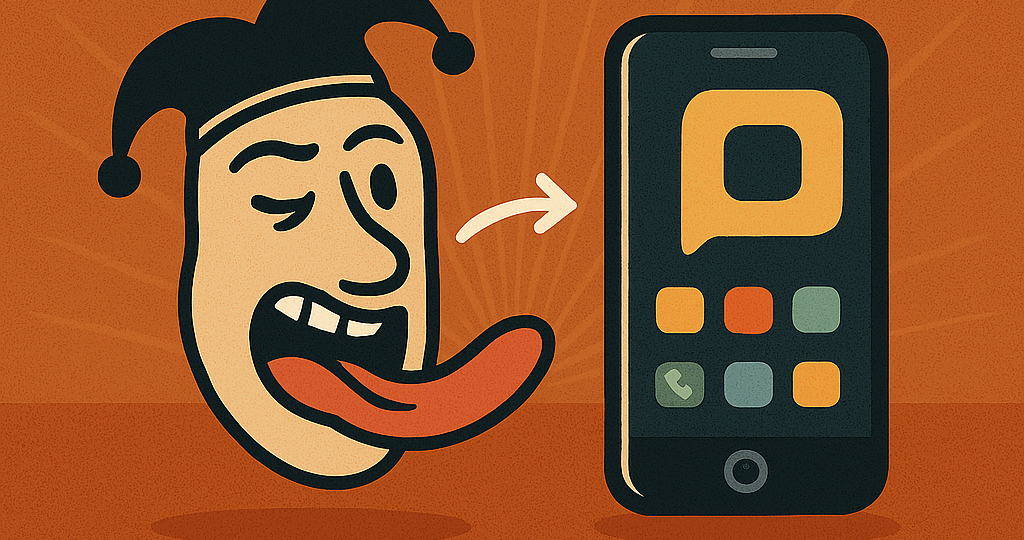
Satire is one of the most powerful tools in literature—not because it makes us laugh, but because it makes us think while we laugh. It’s the art of using humor, irony, exaggeration, or ridicule to expose and criticize the foolishness or corruption of individuals, institutions, or entire societies. Unlike straightforward comedy, satire has a purpose behind every punchline. It’s a mirror held up to the world—not the kind that flatters, but the kind that distorts just enough to make the truth impossible to ignore.
From Jonathan Swift’s shocking suggestion in A Modest Proposal to solve poverty by eating babies, to George Orwell’s Animal Farm, where pigs take over a farm and slowly become indistinguishable from the humans they overthrew, satire has always been a way for writers to call out injustice and hypocrisy without preaching. These works are not just clever—they’re subversive. And that’s what gives satire its bite. It doesn’t offer solutions; it offers discomfort, dressed in wit. It forces readers to recognize absurdity in the real world by exaggerating it on the page.
Part of satire’s magic is its ability to disarm. When we laugh, we let our guard down. We become open to difficult ideas because they arrive in a less confrontational form. A joke can get through to us where a lecture might fail. That’s why satire has flourished not just in literature, but in modern media—from late-night comedy shows to political cartoons to online parody news outlets. It thrives in times of confusion, crisis, and contradiction.
But satire walks a fine line. Go too far, and the message can get lost in shock value. Hold back, and it risks becoming parody without purpose. Worse still, it can be misread entirely, taken literally, or co-opted by the very people it seeks to critique. That’s what makes satire both dangerous and deeply necessary. It demands that the audience be sharp, skeptical, and tuned in—not just entertained, but engaged.
In a world where misinformation spreads quickly and power often goes unchecked, satire reminds us to stay alert. It points out the emperor’s nakedness with a smirk. It dares to say, “This is ridiculous,” when everyone else stays silent. And perhaps most importantly, it gives us language—not just to cope with the absurd, but to challenge it.
RELATED POSTS
View all

